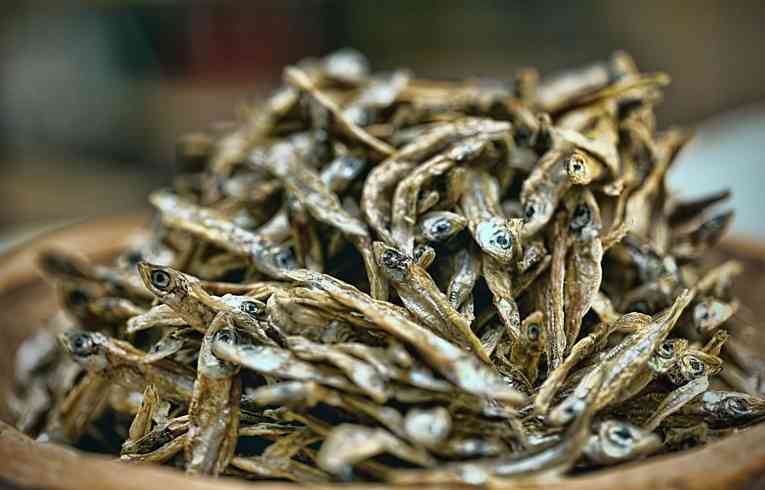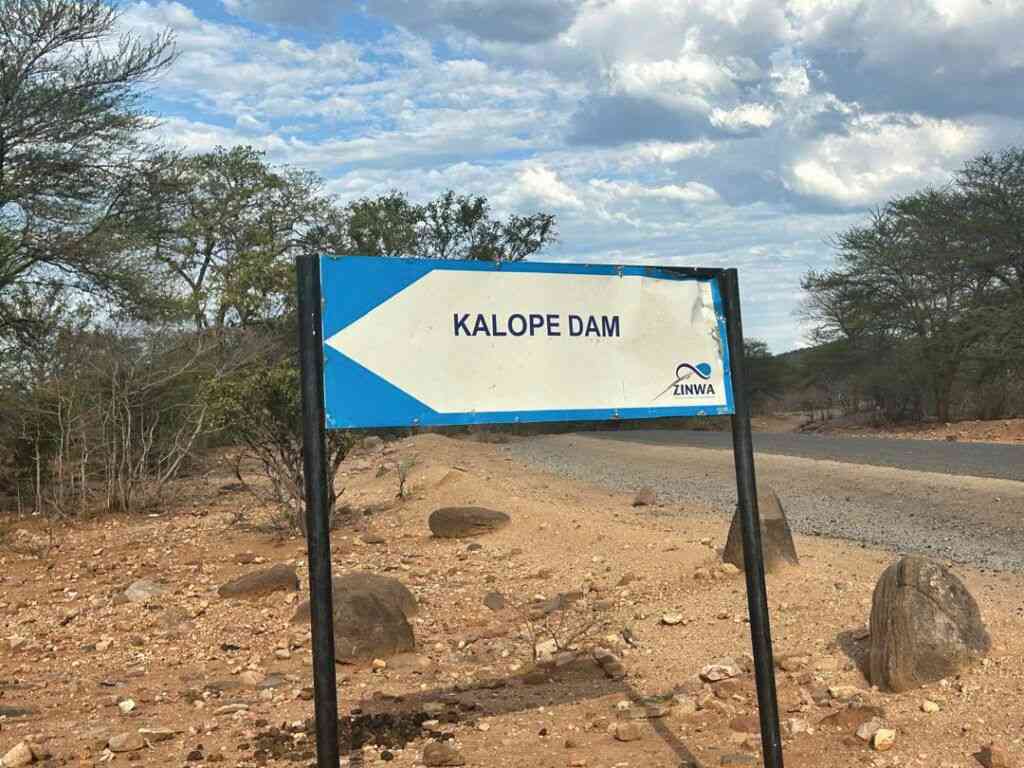
IN a significant move to safeguard the future of Lake Kariba's kapenta fishing industry, Zimbabwe has signed the Sadc Regional Fisheries Monitoring, Control and Surveillance Coordination Centre (MCSCC) Charter.
The landmark agreement makes Zimbabwe the 13th nation to join the initiative, aimed at combating illegal, unreported and unregulated (IUU) fishing practices that have plagued the region.
For years, the kapenta industry has been vital to Zimbabwe's food security and economy, employing thousands and producing more than 20 000 tonnes annually. However, overfishing and IUU practices have threatened the industry's sustainability.
“Fish catches on Lake Kariba and other inland dams have been declining and sizes of fish being caught are shrinking,” said Lands, Agriculture, Fisheries, Water and Rural Development minister, Anxious Masuka said. “Effective regional co-ordination will improve sustainable management of our fishery resources.”
Zimbabwe's journey to signing the MCSCC Charter began in 2017 with a pilot vessel monitoring system in partnership with Zimbabwe Parks and Wildlife Management Authority (ZimParks) and supported by the Food and Agriculture Organisation (FAO) and World Wildlife Fund through the PROFISHBLUE project.
Motseki Hlatshwayo, technical adviser for fisheries at the Sadc Secretariat said the IUU fishing costs the Sadc region around US$400 million annually “threatening fish stocks, markets, governance and livelihoods.”
The MCSCC Charter addresses these challenges through: Enhanced monitoring and control, regional co-operation and sustainable management.
By joining forces with Sadc nations, Zimbabwe demonstrated its commitment to protecting Lake Kariba's resources and ensuring the Kapenta industry's long-term viability.
- Mavhunga puts DeMbare into Chibuku quarterfinals
- Bulls to charge into Zimbabwe gold stocks
- Ndiraya concerned as goals dry up
- Letters: How solar power is transforming African farms
Keep Reading
“This is a crucial step towards securing our fishing industry's future,” Masuka said.
With the MCSCC Charter in place, Zimbabwe and its regional partners can work together to safeguard the Kapenta industry, supporting livelihoods and food security for generations to come.











